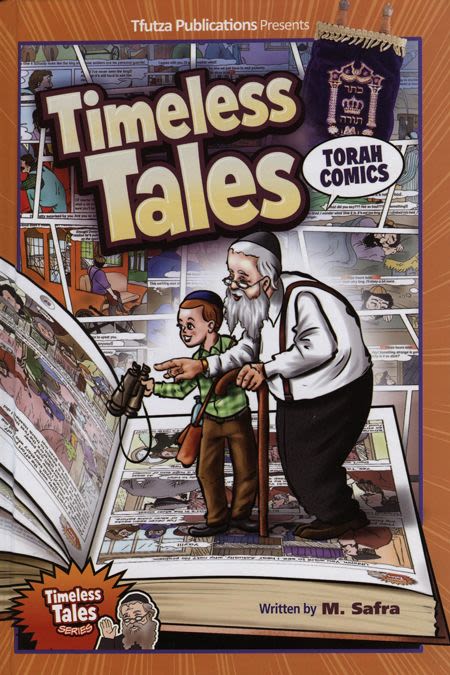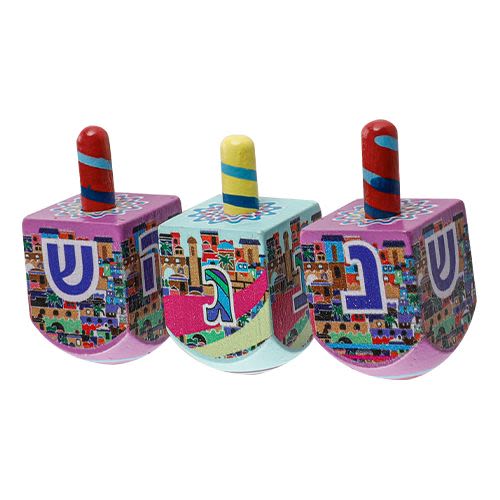
The ABC’s of Money
If we are able to purchase things most can’t, or access places few can enter, our Evil Inclination convinces us that there is something exclusive about who we are...

After the financial meltdown of 2008, a Rabbi gave some sage advice. He advised his community to show absolute faith in Hashem by reading up on the laws of charity. In doing so, we would be expressing our emunah that G-d would get us out of whatever trouble we felt we were in.
With that in mind, let’s go over the ABCs of money. What are the challenges of abundance?
Arrogance. If we are able to purchase things most can’t, or access places few can enter, our Evil Inclination convinces us that there is something exclusive about who we are. We begin to feel as if we’ve risen above everyone else. It’s important to realize is that the truth is probably the opposite. This is the first test.
Hashem loves those He chastises. King David would thank G-d for his punishments. Tough times are a blessing. They are a period in our lives where we are so desperate for Divine help, we cry out to G-d with all our heart. Our prayers are sincere. Our tears are real. We improve ourselves knowing that it is a matter of life and death. A perilous time is a chance to enhance every aspect of our lives and prove  to Hashem that we are truly worthy of being in the world He put us in. Those of us who have money aren’t as motivated to such exertion. The feeling of financial security affords one the ability to take a spiritual time out, while those still struggling remain in the game. This may be why Hashem loves the brokenhearted and hates arrogance. Those who are humble, whether by choice or by circumstance, often work the hardest. Knowing that too much money may be a spiritual demotion, it is a lot harder to be proud.
to Hashem that we are truly worthy of being in the world He put us in. Those of us who have money aren’t as motivated to such exertion. The feeling of financial security affords one the ability to take a spiritual time out, while those still struggling remain in the game. This may be why Hashem loves the brokenhearted and hates arrogance. Those who are humble, whether by choice or by circumstance, often work the hardest. Knowing that too much money may be a spiritual demotion, it is a lot harder to be proud.
Bitterness. Enduring hard times in life and coming out of it procures us one of the greatest assets in existence. We pick up real experience in weathering hard times. We acquire the wisdom that comes when we fall apart, discover great masses of emunah within us, ask Hashem why He sent us this tribulation and what changes we need to make, improve ourselves out of dread or inspiration, and emerge from the experience stronger than ever. We will be able to identify other people in the same situation. We can help. We can share our wisdom with them. We can advise them on the spiritual, emotional, and personal improvements that may be most effective. We can look them in the eye and with a certainty only someone who has gone through this before can convey: we can tell them that everything is going to be fine. Hashem brings us to the point of real despair for our own good. He pushes us to the edge only so we will make real changes to our lives and increase our emunah in Him to provide for all of our needs. This benefits us both in this world and the World to Come.
Bitterness is the apathy that if nobody did anything for us while we were struggling, why should we do something? This is the biggest test. In promising not to do unto others that which we felt was done unto ourselves (Hillel), we pledge to Hashem that once we emerge from our situation, we will never let anyone who we see suffering like this go through it alone. We will ask Hashem for the courage to speak up and inquire if someone’s eyes tell us an all too familiar story, and for the inner resolve to approach him and help.
Complacency. This is an obstacle so deceiving we rarely see it. We get a raise. A big expense disappears. A large amount of money has fallen into our laps. We can rest easy for the immediate future. Our initial reaction is to take a break. We go on a long weekend, we sleep a little later, or we spend more time pursuing leisurely activities than usual. It’s natural, even healthy to give the body and soul some rest.
The test comes once the vacation is over. We get back from our trip and have to decide on Monday’s daily schedule. Will it be at the pace we were going last month, or at the pace we were going last weekend? Once we no longer feel the urgency to work as hard, the temptation is to demand less of ourselves.
The improvements we made are sincere. Hashem knew where to poke us to wake us up. How much of what we accomplished is sincere, and how much of it was for the money? This is the test. As long as we do everything we can to keep up what we were doing during our darkest moments, our love for Hashem is unconditional. We seize the greatest opportunity there is in life: to thank Hashem for the tribulations that brought us closer to Him.
Once we pass this test we really have it all. We have financial resources and we have a greater closeness to Hashem. We progress in this world, and advance in the Next. We have the constant reminder that for everything in life, whether uplifting or not, G-d does it all for us. It’s an expression of our Father’s everlasting love.
* * *
Dovber Halevi is the author of Sex, Religion, and the Middle East, a book about personal holiness and happiness. He lives in Israel with his wife and three children.












Tell us what you think!
Thank you for your comment!
It will be published after approval by the Editor.